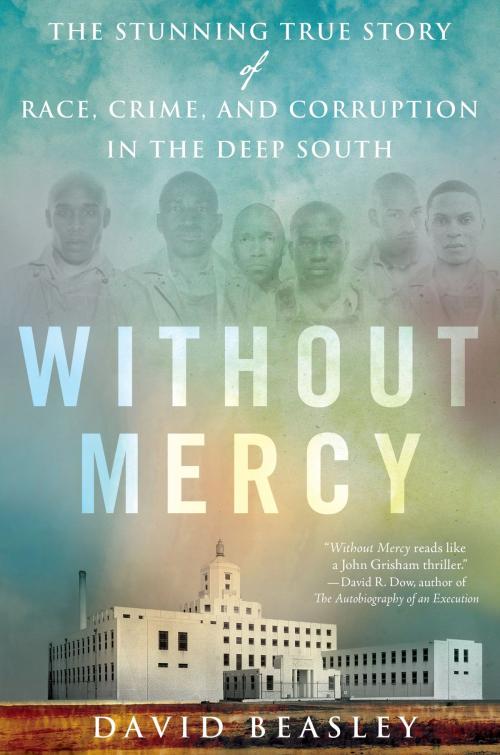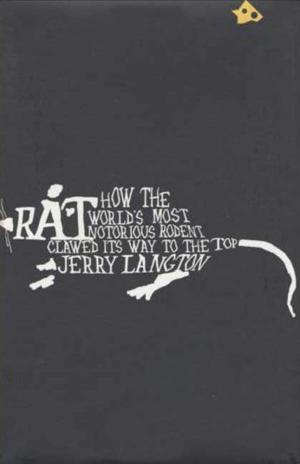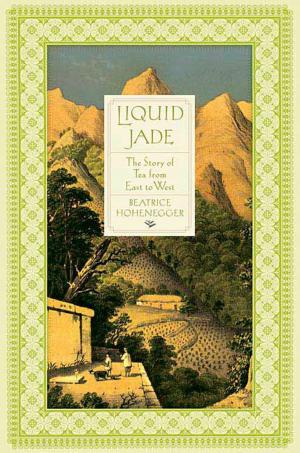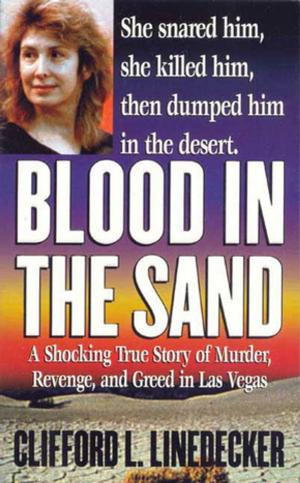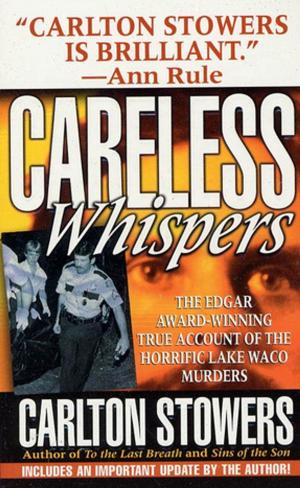Without Mercy
The Stunning True Story of Race, Crime, and Corruption in the Deep South
Nonfiction, History, Americas, United States, 20th Century| Author: | David Beasley | ISBN: | 9781250014672 |
| Publisher: | St. Martin's Press | Publication: | January 28, 2014 |
| Imprint: | St. Martin's Press | Language: | English |
| Author: | David Beasley |
| ISBN: | 9781250014672 |
| Publisher: | St. Martin's Press |
| Publication: | January 28, 2014 |
| Imprint: | St. Martin's Press |
| Language: | English |
"Without Mercy reads like a John Grisham thriller."
---David R. Dow, author of The Autobiography of an Execution
On December 9, 1938, the state of Georgia executed six black men in eighty-one minutes in Tattnall Prison's electric chair. The executions were a record for the state that still stands today. The new prison, built with funds from FDR's New Deal, as well as the fact that the men were tried and executed rather than lynched were thought to be a sign of progress. They were anything but. While those men were arrested, convicted, sentenced, and executed in as little as six weeks---E. D. Rivers, the governor of the state, oversaw a pardon racket for white killers and criminals, allowed the Ku Klux Klan to infiltrate his administration, and bankrupted the state. Race and wealth were all that determined whether or not a man lived or died. There was no progress. There was no justice.
David Beasley's Without Mercy is the harrowing true story of the Great Depression, the New Deal, and the violent death throes of the Klan, but most of all it is the story of the stunning injustice of these executions and how they have seared distrust of the legal system into the consciousness of the Deep South, and it is a story that will forever be a testament to the death penalty's appalling inequality that continues to plague our nation
"Without Mercy reads like a John Grisham thriller."
---David R. Dow, author of The Autobiography of an Execution
On December 9, 1938, the state of Georgia executed six black men in eighty-one minutes in Tattnall Prison's electric chair. The executions were a record for the state that still stands today. The new prison, built with funds from FDR's New Deal, as well as the fact that the men were tried and executed rather than lynched were thought to be a sign of progress. They were anything but. While those men were arrested, convicted, sentenced, and executed in as little as six weeks---E. D. Rivers, the governor of the state, oversaw a pardon racket for white killers and criminals, allowed the Ku Klux Klan to infiltrate his administration, and bankrupted the state. Race and wealth were all that determined whether or not a man lived or died. There was no progress. There was no justice.
David Beasley's Without Mercy is the harrowing true story of the Great Depression, the New Deal, and the violent death throes of the Klan, but most of all it is the story of the stunning injustice of these executions and how they have seared distrust of the legal system into the consciousness of the Deep South, and it is a story that will forever be a testament to the death penalty's appalling inequality that continues to plague our nation
